|
Outline
Speakers
Talks
Contact
|
 |
This workshop aims to present some of the latest developments of using artificial intelligence (AI) and machine learning (ML) for the simulation, optimization, control, and intelligent management of vehicle systems and for fleets of connected vehicles. The workshop will include both conventional and autonomous vehicles. The intended audience will include ITS scholars, automotive industry engineers, and students who work in the field of intelligent optimization, control, and validation of automotive systems and vehicle fleets.
Date: Sep. 24, 8:30 AM - noon
Organizers:
- Dr. Reza Rezaei, IAV Inc., Germany
- Dr. Frank Willems, TNO Automotive, Netherlands
- Dr. Mahdi Shahbakhti*, University of Alberta, Canada
- Dr. Hadj Hamma Tadjine, IAV Inc., Germany
* Contact: mahdi@ualberta.ca
|

AI-Powered vehicle and fleet optimization
|
The automotive industry is undergoing major changes, with substantial growth in the areas of connectivity and autonomy. The majority of new vehicles sold in North America/Europe have capability for connectivity and data transfer. There are currently over 230 million connected vehicles worldwide. Data from vehicles can be used to monitor and decrease vehicular emissions and energy consumption, reduce traffic congestion, improve mobility, and decrease calibration efforts for the development of vehicle systems. These call for the development of new methods to utilize AI/ML for creating driving simulations, vehicle modeling, optimization, and control which enable intelligent management systems (IMS) for connected vehicles at both a fleet level and at the individual vehicle level.
This workshop will present the new and experimentally validated methods of using AI along with in-vehicle and V2X data for design of IMS for fleet of vehicles. These methods will be illustrated using extensive real-world data from a fleet of light-duty and heavy-duty vehicles with different levels of autonomy and electrifications. In the domain of fleet vehicles, the methods will include i) monitoring and minimizing tailpipe emission and energy consumption, ii) optimal vehicle assignments, iii) fleet renewal plan, iv) route selection, v) electric charging and fueling optimization, and vi) maximizing the reliability and electric range estimation for the fleet of electric vehicles. In the domain of individual vehicles, the methods will include i) creating simulation scenarios and virtual verification for testing autonomous vehicles, ii) motion planning for autonomous vehicle driving, and iii) vehicle powertrain control to maximize fuel conversion efficiency, and reduce calibration efforts for vehicle development.
This workshop will include a mix of speakers from the automotive industry (IAV, Cummins, TNO Automotive, Ford) and academia (Univ. of Alberta, Eindhoven University of Technology).
Speakers / Organizers
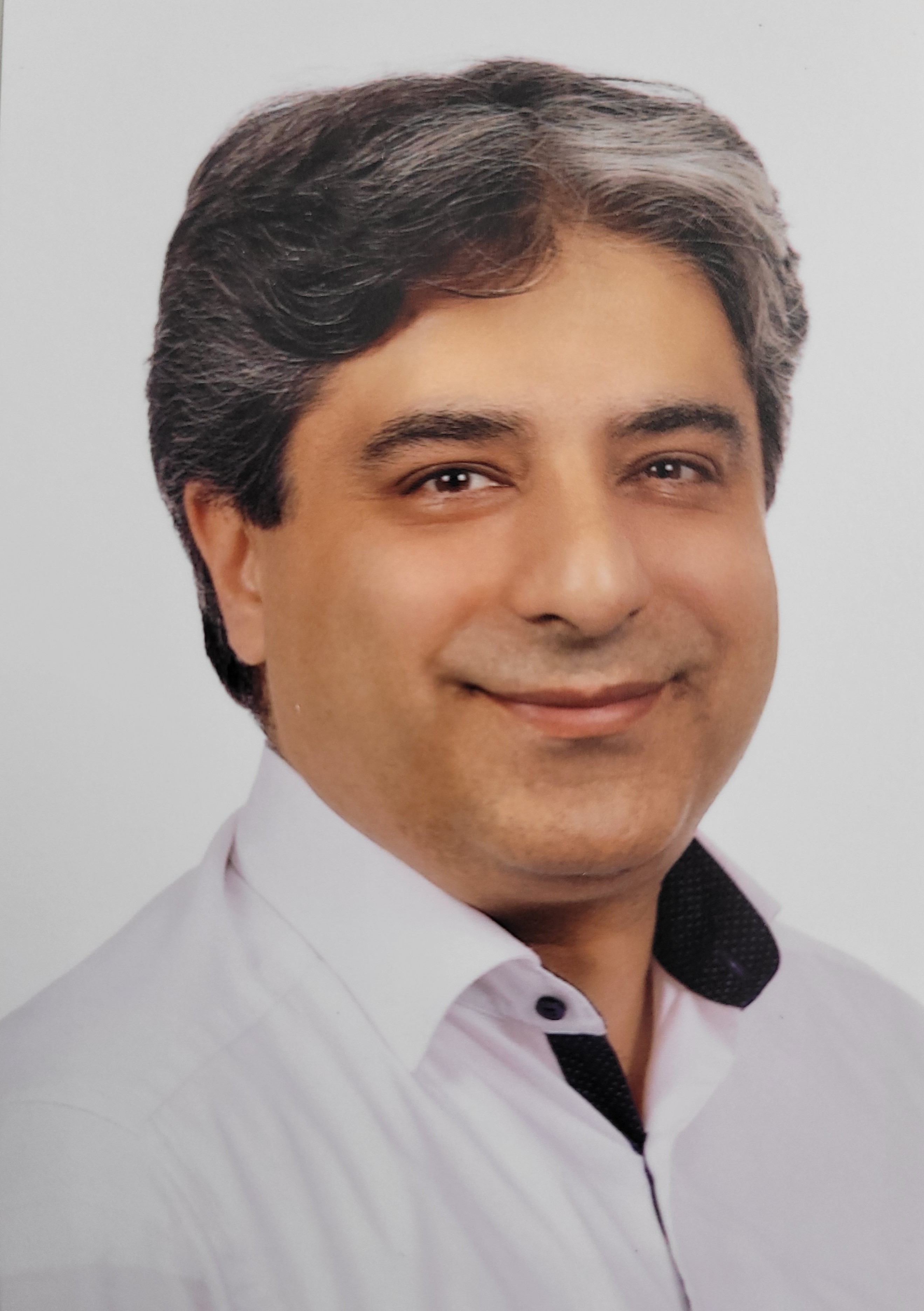
Prof. Dr.-Ing. habil. Reza Rezaei is manager at IAV for modeling and virtual validation of AD/ADAS systems with the focus intelligent perception systems at IAV in Germany. In parallel, he is teaching and supervising research as an extraordinary Professor at the Leibniz University of Hannover and working as the adj. Prof. at the University of Alberta.
|
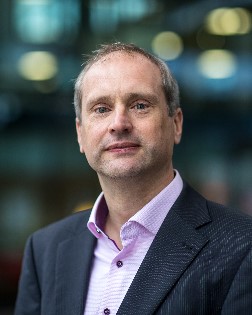
Frank Willems obtained his MSc (1995) and PhD (2000) in Mechanical Engineering from Eindhoven University of Technology (TU/e). He subsequently joined the Powertrain group of TNO Automotive, where he currently is a principal scientist in powertrain control. Over the years, he has been involved in a wide range of industrial research projects on sustainable powertrain technologies. Since 2007, he has been a part-time staff member of the Control System Technology group, Department of Mechanical Engineering at TU/e. In this group, he is a Full Professor of Systems and Control Technology and Chair of Integrated Powertrain Control. His main research interests are control-oriented modeling and self-adaptive control systems for powertrain applications. He has co-authored more than 100 peer-reviewed publications and holds three patents in the field of powertrain control. Prof. Willems is a contributor to the Topsector HTSM roadmap Automotive and has given numerous international workshops on powertrain control-related topics for both academia and industry. He has been serving as an Associate Editor for IFAC Control Engineering Practice (2018-2022) and Frontiers in Control Engineering (2023-now).
|
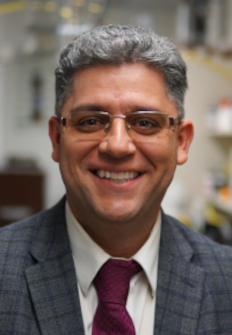
Mahdi Shahbakhti is a Professor of Mechanical Engineering at the University of Alberta in Canada. He was previously a faculty member at Michigan Tech University (2012-2019), a post-doctoral scholar at the University of California-Berkeley (2010-2012) and received his PhD in Mechanical Engineering from the University of Alberta in 2009. His research has centered on developing data-driven/physical dynamical models and AI-based optimization, diagnostics and control techniques with applications in connected and automated vehicles, fleet vehicles, and vehicle powertrain systems. He has co-authored more than 230 peer-reviewed publications in the field of controls and energy systems. Dr. Shahbakhti is the former chair (2020-2022) of ASME Dynamic Systems Control Division (DSCD) Automotive and Transportation Systems Technical Committee and the former chair (2018-2020) of Energy Systems Technical Committee. He served as the Associate Editor for ASME Journal of Dynamic Systems, Measurement, and Control (2017-2023), and the International Journal of Powertrains (2014-2020).
|
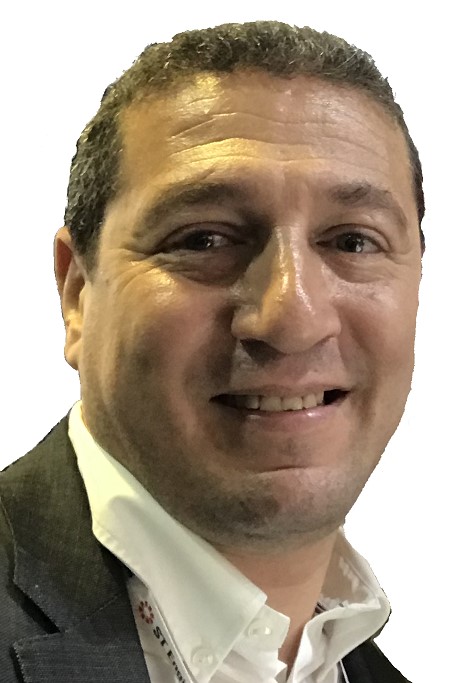
Dr. Hadj Hamma Tadjine (Senior Member, IEEE) received his PhD degree in computer science from the Clausthal University of Technology, Germany. From 2000 to 2004, he was an Assistant Professor at the Clausthal University of Technology. From 2004 to 2006, he was an Assistant Professor at the CUTEC Institute GmbH, Zellerfeld, Germany. From 2006 to 2008, he was responsible for advanced driver assistance systems at Forvia, Berlin, Germany. From 2008 to 2010, he was responsible for advanced driver assistance systems and parking assistance systems at IAV GmbH, Berlin. Currently, he is Businesses Director for intelligent driving systems. He has a track record of fundamental research on these topics documented by numerous publications by IEEE, VDI, and SAE. He is the editor and editor in chief of different international journals.
He is member of the Steering Committee by the IEEE Transportation Electrification Community, executive Member by the IEEE Intelligent Transportation Systems Society, IEEE ITSS German Chapter, IEEE University Relations responsible by Germany Section, IEEE ITSS Standards Committee member and Chair IEEE P3377 Standardization: In-Cabin Vehicle Sensing and Communication Networks.
|
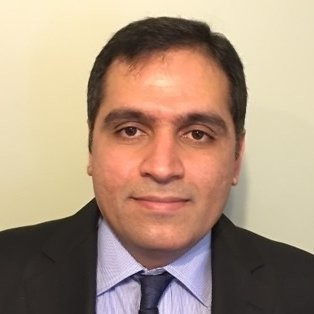
Dr. Ali Borhan is a connected and intelligent systems manager at Cummins Inc. with solid background and experience in control, machine learning and AI software development and applications. In his current position at Cummins Research and Technology, he is leading new product development projects in connectivity, automation and energy systems including next generation control, machine learning and AI features to enable resilient and efficient path to decarbonization of the commercial vehicles and freight transportation with electrification, V2X connectivity and automation. He has over 15 years of software product development and technical leadership experience in both industry and academia. He has a Ph.D. in dynamic systems and control from Clemson University, SC, USA and an M.B.A. degree from Indiana University, IN, USA. He is an IEEE senior member and published more than 50 patents and research articles.
|

David Gordon is an Assistant Professor in the Department of Mechanical Engineering at the University of Alberta. His research centers in the area of mechatronics, with a focus on both the simulation and experimental application of artificial intelligence (machine learning) strategies and optimal control to a range of power conversion systems. These include a wide range of applications including Gasoline, Diesel and Hydrogen combustion engines, electric machines and Hydrogen fuel cells have been investigated. In addition to the model-based control strategies, he has also investigated real-time in-cycle engine control taking advantage of field programmable gate arrays and rapid prototyping controllers. Dr. Gordon completed a post-doctoral Mercator Fellowship at the Teaching and Research Area Mechatronics in Mobile Propulsion at RWTH Aachen University in Aachen Germany in 2023. He received his PhD in Mechanical Engineering from the University of Alberta.
|

Alexander Katriniok is an Assistant Professor in the Control Systems Technology section at the Eindhoven University of Technology (TU/e) in the Netherlands. He received the Ph.D. degree in Mechanical Engineering from RWTH Aachen University, Germany in 2013. His research at TU/e focuses on methods related to safe learning-based control, provable safety guarantees and real-time numerical optimization, with application to safety critical systems; especially to motion planning and control of autonomous vehicles in uncertain environments. He is a Senior Member of IEEE, the chair of the IEEE Control Systems Society (CSS) committee on Automotive Controls and an Associate Editor within the IEEE CSS Technology Conference Editorial Board. From 2014 to 2015, he has been with the Volkswagen ADAS department in Wolfsburg, Germany and since 2016 he is with Ford Werke GmbH in Aachen/Cologne, Germany, where he is currently working on low-speed autonomy systems.
|

C. R. (Bob) Koch received his B.S. degree in mechanical engineering from the University of Alberta, Edmonton, Canada in 1985, and his M.S. and Ph.D. degrees from Stanford University, Palo Alto, CA, in 1986 and 1991, respectively. From1991 to 1992 and from 1994 to 2001 he worked at Daimler-Benz/Daimler-Chrysler in Stuttgart Germany in powertrain and internal combustion engine control. During 1992 to 1994 he worked for General Motors at the powertrain control center. In 2001, he joined the Mechanical Engineering Department of the University of Alberta, Edmonton Canada, where he is a Professor. His research interests include vehicle propulsion systems, controls, machine learning control, sensors for mobile emission measurement and air quality, mechatronics, and control of distributed parameter systems. Prof. Koch is currently an Associate Editor for the Mechatronics Journal (Elsevier) and Control Engineering Practice.
back to top
|
The proposed format for the workshop includes two 80-min sessions and a 20-min coffee break between the two sessions. Each session will include three 20-min talks that will be followed by a 20-min panel including all the three speakers that will answer questions from the session chair and audience. The first session will center on AI applications for “fleets” of vehicles, while the second session will center on AI applications for “individual” vehicles.
|
Time
|
Sessions
|
|
8:30 AM
–
10:00 AM
|
Session 1: Fleet centered; Chair: Dr. Hadj
Hamma Tadjine (IAV GmbH)
· Talk 1: “AI-based
Modeling and Intelligent Management for a Fleet of Connected Vehicles” by Dr. Mahdi Shahbakhti, UAlberta, Canada
· Talk 2: “Sustainable
and Efficient Path to Decarbonization in Freight Transportation: Leveraging
Connectivity, Automation, and AI” by Dr. Ali Borhan,
Cummins Inc., USA
· Talk 3: “Towards self-adaptive
vehicles: integrating fleet-based learning and AI-based decision making” by
Dr. Frank Willems, TNO Automotive, Netherlands
· Panel (three
speakers; questions from chair and audience)
|
|
10:00 AM – 10:30
AM: Break
|
|
10:30 AM
–
12:00 PM
|
Session 2:
Vehicle centered; Chair:
Dr. Mahdi Shahbakhti (UAlberta)
·
Talk 1: “AD
Homologation, AI based virtual validation for AD/ADAS” by Dr. Reza Rezaei,
IAV GmbH, Germany
· Talk 2: “Motion
Planning for Autonomous Vehicles: The Role of AI” by Dr. Alexander Katriniok, TUe / Ford,
Netherlands
· Talk 3: “Model Predictive Control with Machine
Learning for Powertrain Applications” by Dr. David Gordon, UAlberta, Canada
· Panel (three
speakers; questions from chair and audience)
|
| |
back to top
|
|
|
|









